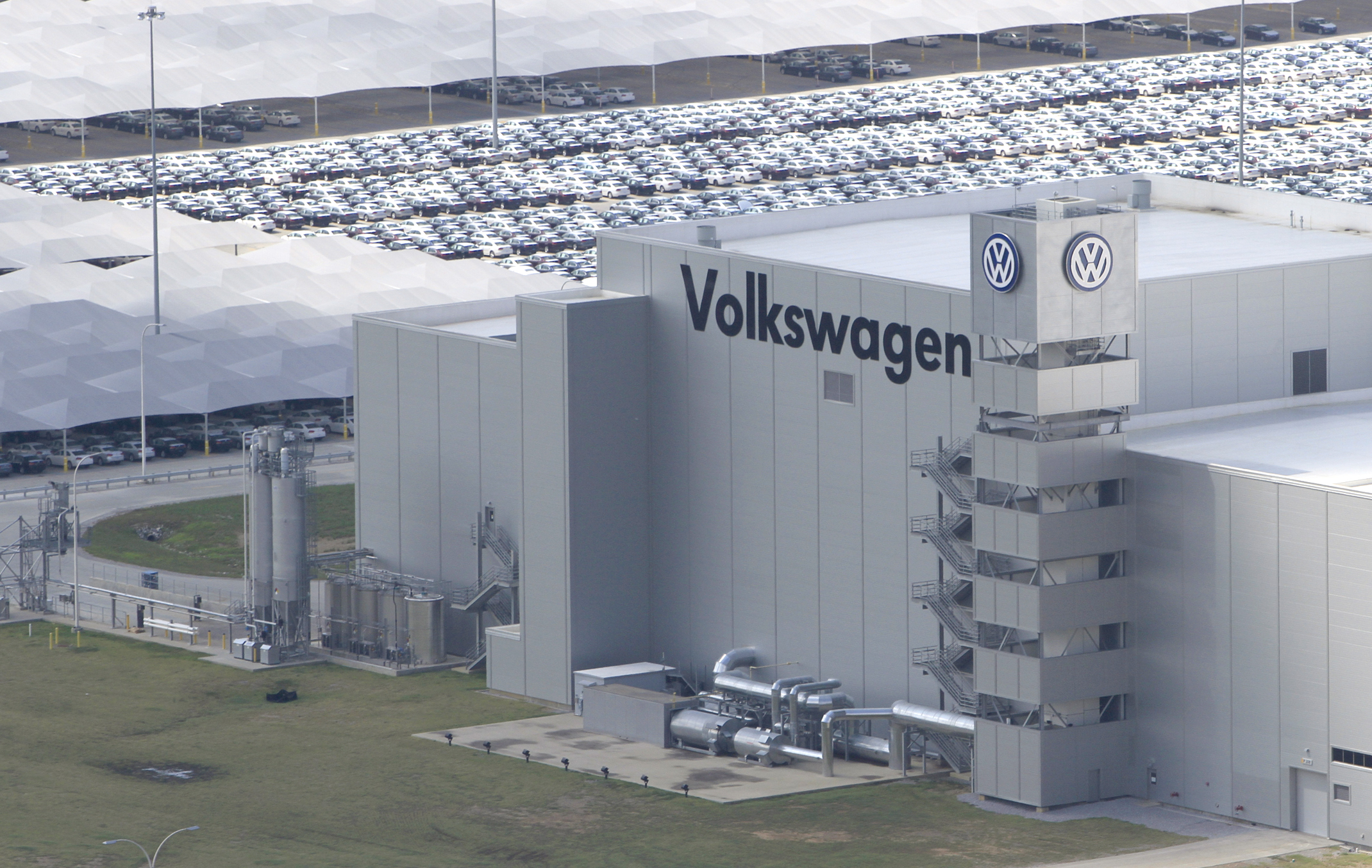The globalization of trade increases pressure on middle-class incomes in western nations that a generation ago seemed immune to such pressure. As the jobs of American workers in both factories and white-collar businesses become more exportable, the downward pressure on America's middle-class wages can only become more onerous, further squeezing family incomes and driving bereft workers to lower-wage jobs.
It's not just wage differentials and tax advantages that are driving the off-shoring of jobs, however. The technology base and manufacturing skills in many industrializing nations have risen exponentially, which is why Apple assembles most of its products in China, and why Thailand assembles most of our computers. There's also the widening educational gap in the workforce that puts American students, with their relatively low number of school days and curriculum barriers, further and further behind the nation's chief economic competitors.
American students' achievement levels as a whole lag those of students in China, South Korea, Japan and other aggressive Asian nations, as well students in much of Europe. Recent figures from the Organization for Economic Cooperation and Development, for example, place 15-year-old American students 29th in math in international OECD-sponsored tests, 21st in science, and 22nd in reading literacy. The United States has also fallen sharply in college graduation rates.
America's upper-middle-class students, to be sure, generally still score well against foreign competition, but that's hardly a consolation. The nation needs all students and workers to do well if America as a whole is going to prosper and avoid becoming a declining, frightened, class-divided society where social ills will only be compounded.
These trends raise compelling questions for families: What kind of education do adults and their children need to get the jobs that will sustain their incomes, their livelihoods and their quality of life? And what will their governments do to nurture the educational and technological foundation needed to grow America's industrial base?
These trends require serious scrutiny and more focused reform of education standards. They clearly invite more investment in local and state tax dollars in Tennessee's public schools to extend the number of school days, curriculum and quality of learning. Change and a material drive for academic excellence and job-building skills simply cannot come fast enough, especially in a state known to be continually in the deep bottom - 48th, 49th, 50th; it varies - of real dollar investment in K-12 schools.
This is not the stuff of a slow-motion worry about the future. This is about current life-altering change that is happening at an accelerating pace every day. Financial and industrial statistics reflect this dynamic. From 2000 to 2010, 6 million American factory jobs were off-shored, and 55,000 plants shut down. In the same period, annual incomes in the typical middle-class family dropped by $3,837. Contrast that decline in middle-class income with a telling cross-trend figure: the percent of national income captured in 2010 by the top 1 percent of super-rich earners was more than 17 percent. Among these earners, of course, are the captains of industry who decide if American jobs will be exported to increase their profits.
Given these dynamics, Tennesseans should be clamoring not just for general improvements in education of our future work-force; they also should be looking for novel ways to groom workers for the advanced, super-automated industries that have been, or might be, recruited to Tennessee.
As it happens, these trends should provide fertile ground for a specific proposal recently advanced by Volkswagen for a cooperative industrial approach in public education. VW, which already has established a pair of apprentice/education programs in cooperation with Chattanooga State Technical Community College, is interested in developing a similar partnership with public high schools to promote high-level technical education.
The proposal broadly mirrors the useful, traditional German public school track for vocational and technical studies for students who may not be inclined toward college, but are eager for technical programs specifically designed for targeted job fields in industry. VW officials say Gov. Bill Haslam seems favorable toward the idea, but an OECD consultant brought here by VW noted that it requires a change in the general mindset of employers who believe education "isn't their job."
VW is already a partner in a six-state, multiyear educational initiative that combines advanced technical programs and rigorous academic study. Its interest in helping broaden that approach to a technically oriented high school curriculum would surely enhance a new high-school-level partnership for focused technical and industrial training. Such a partnership could build, as well, on the STEM school curriculum. If VW is willing to help get such a program off the ground, the county school system should grasp the opportunity. Future workers here would benefit greatly from such a partnership in education.
